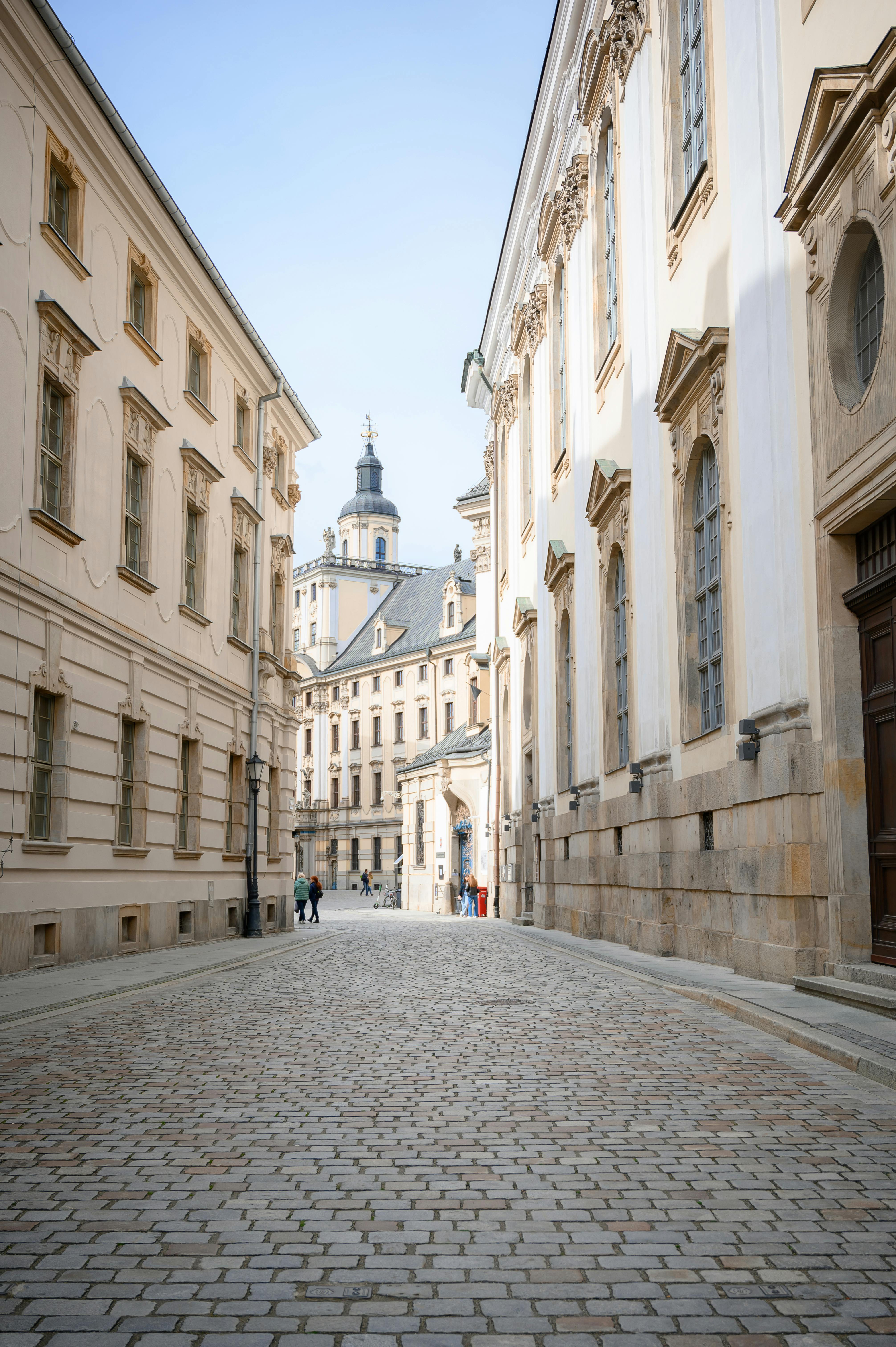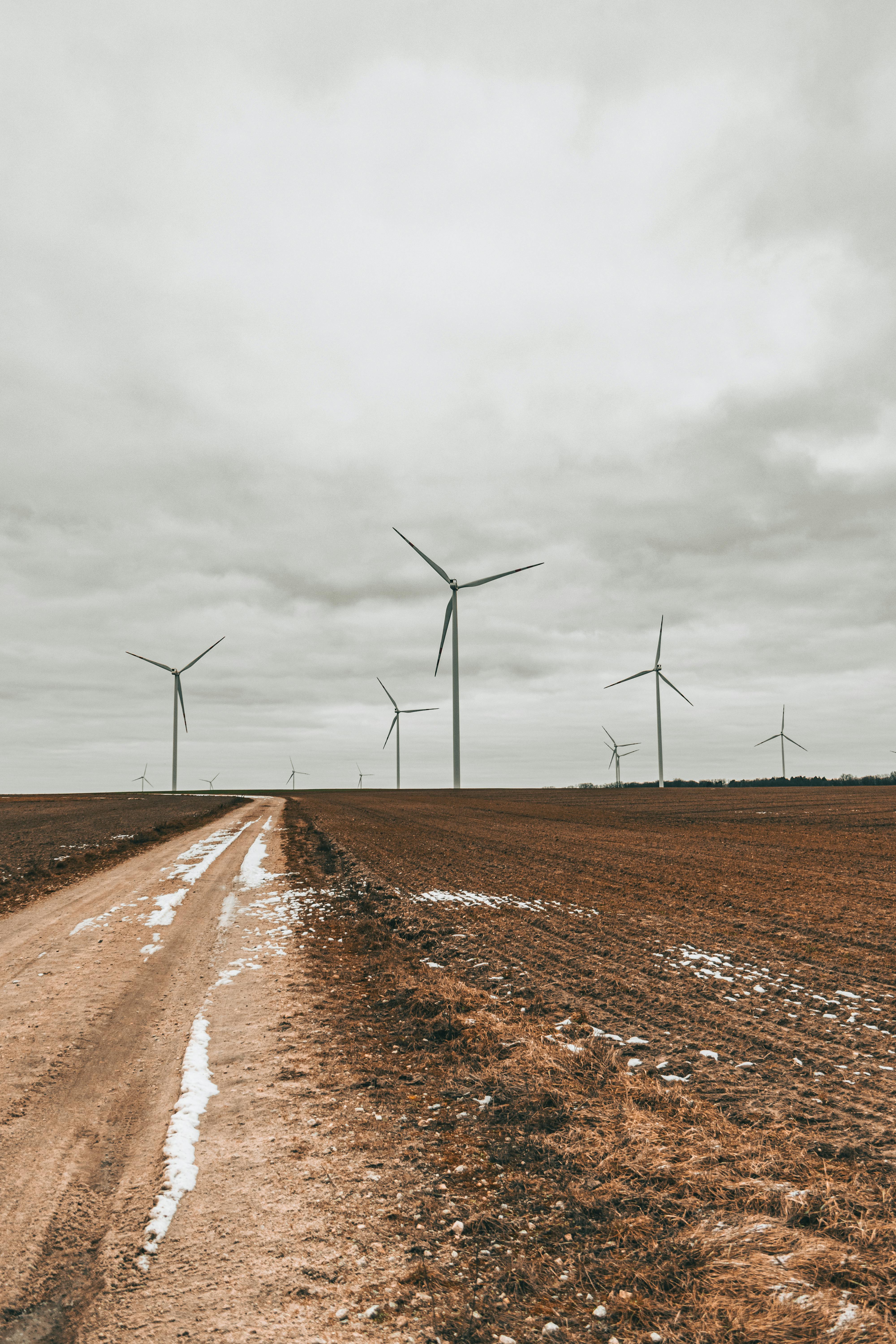When it comes to the impurities lingering in the air we breathe, there’s more at stake than just our respiratory health. Unbeknownst to many, air pollution can have a profound impact on our skin, accelerating the aging process and leaving us yearning for a shield of protection. In this article, we’ll explore the insidious effects of air pollution on skin aging and unveil a repertoire of simple yet effective strategies that can help safeguard your skin from its harmful grasp. Brace yourself for a closer look at this invisible foe and discover the power you hold to defend your skin’s radiance.
Introduction to Air Pollution and Skin Aging
Air pollution refers to the presence of harmful substances in the air that can have detrimental effects on human health and the environment. It is a significant concern in our modern world, with various sources contributing to the contamination of the air we breathe. On the other hand, skin aging is a natural process that occurs over time, resulting in visible changes such as wrinkles, fine lines, and loss of elasticity. However, research has shown that air pollution can accelerate the signs of skin aging, making it necessary for us to understand the link between the two and take measures to protect our skin.
The Science behind Air Pollution and Skin Aging
To grasp the impact of air pollution on skin aging, it is important to understand the underlying scientific processes. Free radicals and oxidative stress play a crucial role in this connection. When exposed to air pollutants, these harmful particles can generate an excessive number of free radicals in the skin. Free radicals are highly reactive molecules that can damage cells, including those in the skin, leading to accelerated aging.
Inflammation is another key element in the relationship between air pollution and skin aging. Air pollutants can trigger an inflammatory response in the skin, causing redness, irritation, and other visible signs of damage. Furthermore, long-term exposure to pollution can disrupt the skin’s natural defense mechanisms, making it more susceptible to inflammation.
Collagen degradation is yet another consequence of air pollution on skin aging. Collagen is a protein that provides structure and elasticity to the skin. However, prolonged exposure to air pollutants can break down collagen fibers, resulting in the loss of firmness and elasticity in the skin. This degradation leads to the formation of wrinkles and sagging skin, further contributing to the aging process.

Common Air Pollutants Affecting Skin Aging
Several common air pollutants have been identified as having a significant impact on skin aging. Particulate matter (PM) 2.5 and PM 10 are fine particles present in the air, originating from various sources such as vehicle emissions, industrial activities, and agricultural practices. These particles are small enough to penetrate the skin, causing oxidative stress and inflammation. Additionally, ozone (O3) is a highly reactive gas produced by chemical reactions between sunlight and pollutants like nitrogen oxides and volatile organic compounds. Ozone can damage the skin’s lipids and proteins, leading to skin aging.
Nitrogen dioxide (NO2) is yet another air pollutant that affects skin health. It is mainly emitted by vehicles and power plants. Prolonged exposure to NO2 can lead to the formation of free radicals and oxidative stress, contributing to skin aging. Lastly, sulfur dioxide (SO2) is a gas primarily emitted by industrial processes, particularly the burning of fossil fuels. SO2 can damage the skin barrier, leading to increased vulnerability to pollutants and accelerated skin aging.
Impact of Air Pollution on Skin
The impact of air pollution on the skin is far-reaching and can manifest in various visible signs of aging. One of the most noticeable effects is the development of wrinkles and fine lines. The combination of free radicals, inflammation, and collagen degradation caused by air pollutants contributes to the breakdown of the skin’s structure, resulting in the formation of these age-related lines.
Hyperpigmentation and dark spots are also common skin concerns associated with air pollution. Exposure to pollutants triggers melanin production, leading to the formation of patches of darker skin. These pigmentation irregularities can be especially problematic for people with sensitive or fair skin.
Air pollution can also lead to skin dryness and irritation. The pollutants disrupt the skin’s natural moisture barrier, leading to dehydration and a compromised skin barrier. This can cause dry, itchy, and irritated skin, making it more prone to other skin issues such as eczema or dermatitis.

Methods to Protect Yourself from Air Pollution
While it may be impossible to completely avoid air pollution, there are steps you can take to minimize its impact on your skin. Maintaining a healthy skincare routine is essential in combating the harmful effects of pollutants. Cleanse your skin thoroughly but gently, removing any dirt, sweat, or pollutants that may have accumulated. Opt for antioxidant-rich skincare products that help neutralize free radicals and protect against damage.
Another crucial preventive measure is the application of a broad-spectrum sunscreen. Sunscreen not only protects against harmful UV radiation but also acts as a barrier against air pollutants. Look for sunscreens with high SPF and UVA/UVB protection.
When venturing outdoors, especially during peak pollution hours, wear protective clothing and accessories. Covering your skin and wearing a hat can help minimize the direct contact of pollutants with your skin. Additionally, consider limiting outdoor activities during these periods and seek indoor environments with good air quality.
Improving indoor air quality is another effective way to protect your skin from pollution. Use air purifiers or introduce indoor plants that can help filter and purify the air. Keeping your living space clean and well-ventilated can also reduce the accumulation of pollutants indoors.
Staying hydrated and practicing a healthy lifestyle are also important factors in protecting your skin. Adequate hydration helps flush out toxins and keeps your skin healthy. Maintain a balanced diet rich in antioxidants, vitamins, and minerals to support overall skin health.
Lastly, consulting a dermatologist can provide personalized advice and recommendations based on your skin type and concerns. A dermatologist can assess the impact of air pollution on your skin and suggest targeted treatments and skincare products.
Additional Measures for Skin Protection
In addition to the aforementioned methods, adopting certain lifestyle changes can further enhance skin protection against air pollution. A healthy diet and appropriate supplements can provide essential nutrients and antioxidants that defend against the damaging effects of air pollutants. Avoid smoking and exposure to secondhand smoke, as tobacco smoke is a significant source of air pollution that greatly impacts the skin.
Regular exercise promotes better circulation, which can help flush out toxins from the body, including pollutants. Engaging in physical activity also promotes overall well-being, which can indirectly benefit your skin health. Additionally, prioritize stress management techniques and aim for quality sleep, as stress and lack of sleep can weaken the skin’s natural defense mechanisms.

Conclusion
Understanding the impact of air pollution on skin aging is crucial for taking proactive steps to protect your skin. The harmful effects of air pollutants on the skin can lead to accelerated signs of aging, such as wrinkles, hyperpigmentation, and skin dryness. By maintaining a healthy skincare routine, using antioxidant-rich products, applying sunscreen, and wearing protective clothing, you can minimize the impact of air pollution on your skin. Additionally, practicing a healthy lifestyle, improving indoor air quality, and seeking professional advice from a dermatologist can further contribute to promoting overall skin health. With these measures in place, you can effectively safeguard your skin from the detrimental effects of air pollution.
Losing weight and keeping it off can be a challenge. I’m here to show you good-tasting foods and drinks that help you lose weight, and are enjoyable to eat.




